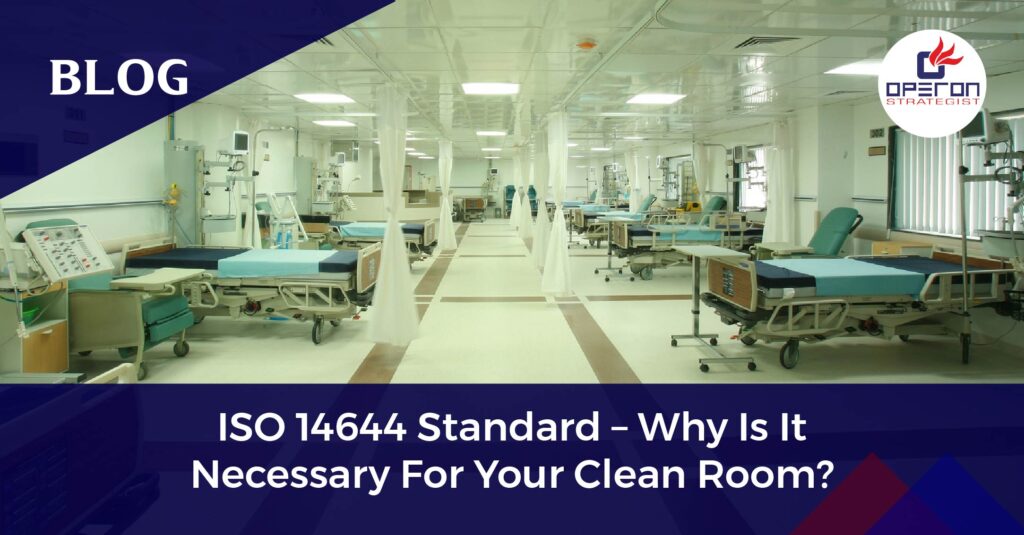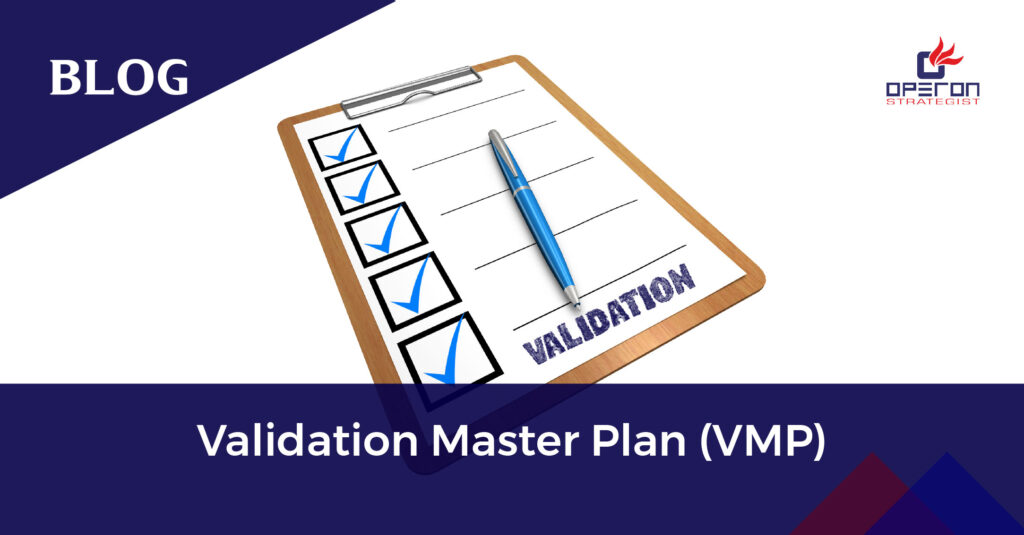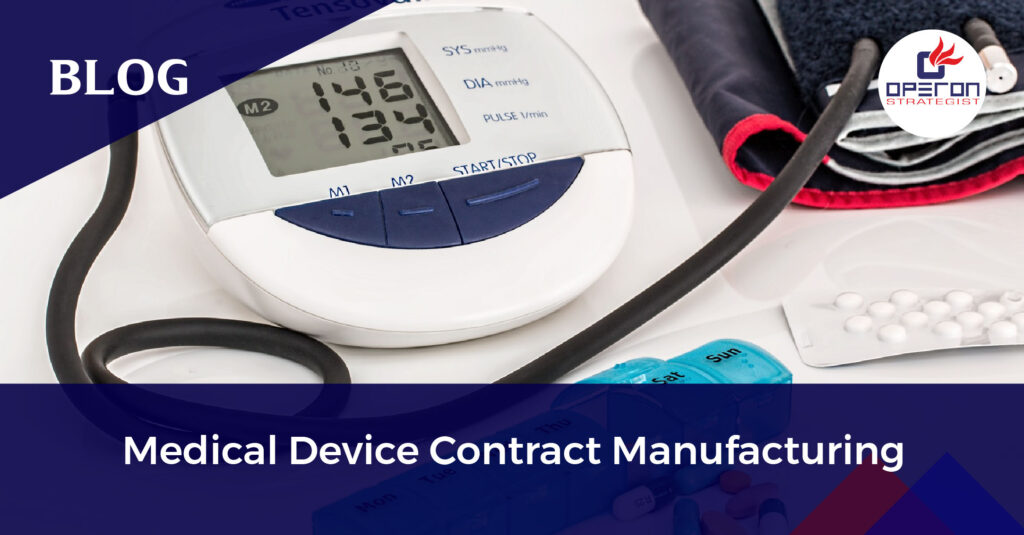When FDA added De Novo Pathway as an alternative pathway for medical device manufacturers seeking Class I or Class II classification of their novel products in 1997. Even though medical device products are automatically classified as a Class III device.
The FDA’s initial De Novo process retained the application requirements whereby firms were first to submit a full 510(k) application and then wait for a rejection of that application by the agency based on “Not Substantially Equivalent” (NSE) before resubmitting under De Novo and seeking a determination of a newly classified device that should be considered low risk, the lengthy, unpredictable and expensive process proved to be a daunting challenge of little utility to the device industry.
Fortunately, under the FDA’s new age of efficient and effective regulation designed to make advancements in healthcare and accessibility easier without sacrificing safety and quality, a new approach to the De Novo application has been instituted. The FDA has simplified the De Novo review process, clarified when a device concept fits the program parameters and refined the required data inputs, per an October 17, 2017 guidance called De Novo Classification Process. Sponsors who can demonstrate that their novel product, for which there is no one-to-one precedent or predicate device, or where it does not meet the requirements of a Class III medical device can request a “downgrade” to a Class I or Class II, without first submitting a 510(k) application. The FDA has 120 days to review and classify the device, provided the submission and backup documentation are acceptable.
Devices Defined
FDA’s definition of medical devices covers everything from toothbrushes and sterile bandages to contact lenses and condoms to HIV test kits and heart stents, so there is a wide range of potential consumer risk as well as reliance on the device for medical benefit. FDA has established classifications for approximately 1,700 different generic types of devices and grouped them into 16 medical specialties, each assigned to one of three classifications (Class I, II, III) based on the level of control necessary to assure its safety and effectiveness.
- Class I: The most basic and appropriate for items such as tongue depressors, which would cause minimal harm, require only general safety controls. In fact, 95% of these basic Class I devices are entirely exempt from the pre-market regulatory approval process.
- Class II: Device examples being acupuncture needles and surgical drapes, are held to a higher safety standard than general controls alone, requiring additional special controls. The majority of medical devices are considered Class II.
- Class III: Devices require general and special controls as well as premarket approval, which encompasses a scientific review of the device’s safety and effectiveness. Examples of Class III devices are automatic defibrillators and implantable pacemakers.
De Novo Pathway and the Simplified Pathway
De Novo Pathway applications are appropriate in cases where it appears that the device meets the statutory standards for classification into Class I or Class II under section 513(a)(1) of the Food Drug & Cosmetic Act, and when the sponsor has determined that the device does not fall within any existing classification regulation.
Although Class I and Class II devices are not subject to the same stringent controls of Class III devices, submitters must still present a complete picture of the probable risks and benefits of the device as well as how to mitigate risks through general and/or special controls.
Once a De Novo is granted, the device may be marketed immediately as FDA will create a classification regulation and permit the device to serve as a predicate for future 510(k) applications. The classification will be published in the Federal Register, along with the controls necessary to provide reasonable assurance of safety and effectiveness.
If the De Novo Pathway request is declined, the device remains as a Class III and may not be marketed without further efforts by the sponsor and acceptance by FDA.
As a leading medical device regulatory consultant, Operon Strategist offers comprehensive solutions tailored to your specific needs. From FDA submissions to CE marking and beyond, our experienced team will guide you every step of the way.
We are providing services like CDSCO Medical Device Registration Consultants and Medical Device QMS Services, such as ISO 13485 certification and US FDA 21 CFR Part 820.




